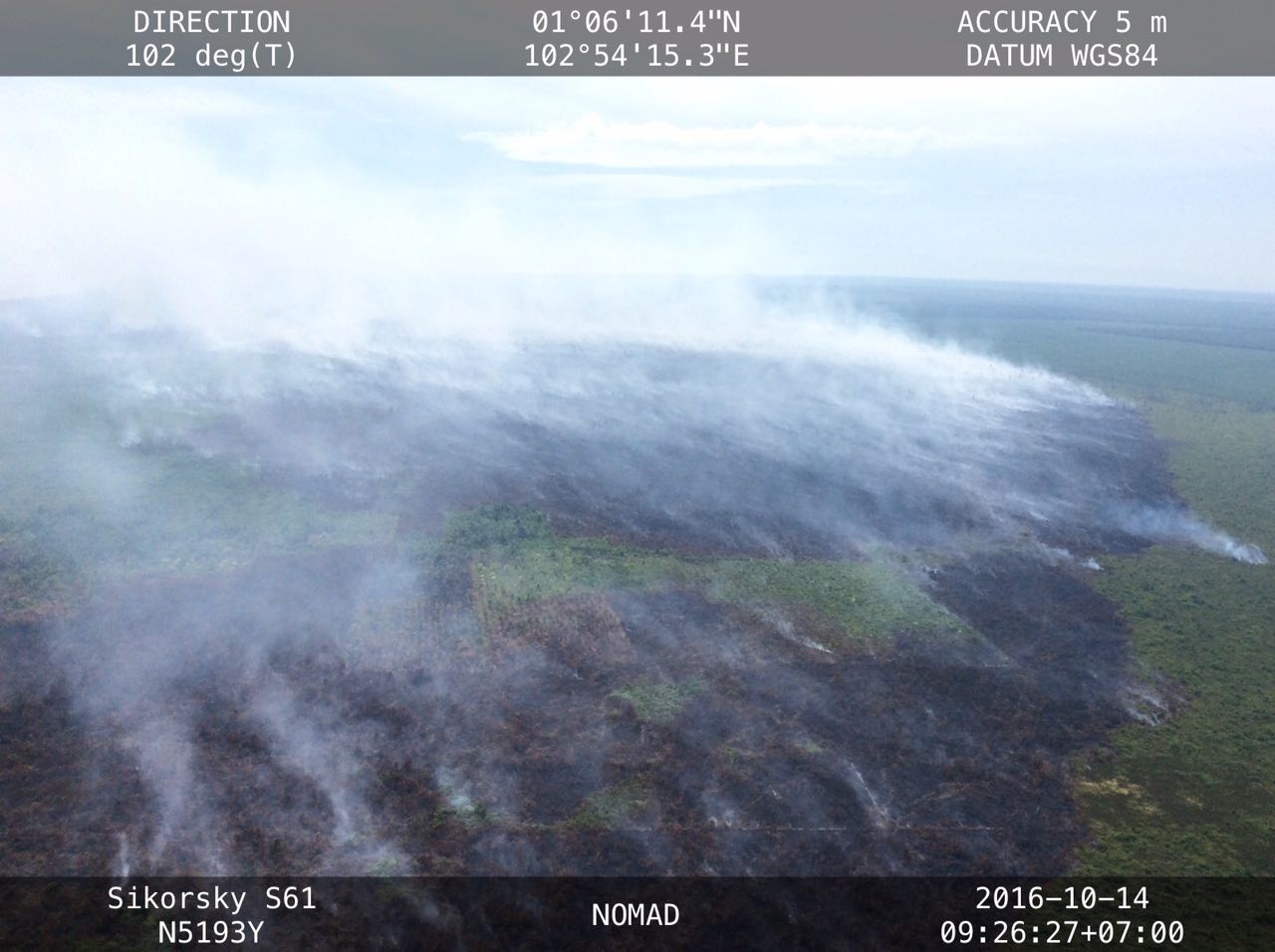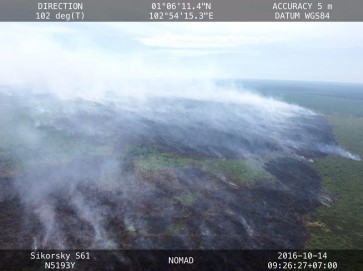Popular Reads
Top Results
Can't find what you're looking for?
View all search resultsPopular Reads
Top Results
Can't find what you're looking for?
View all search resultsINSIGHT: Peatlands matter for Indonesia, and the world
The ecosystem services of peatlands have been proven to support socio-cultural values and identities and human well-being in a sustainable way for a very long time.
Change text size
Gift Premium Articles
to Anyone
W
hen accompanying a group of reporters on a visit to Tanjung Leban village in Bengkalis, Riau, this week I saw some local farmers trying out new crops after losing their oil palm plots to fire.
I remember the forest fires that raged in Indonesia in 2015, especially in Kalimantan. The disaster was the top story for months back then. In the following dry season, in 2016, there was almost no news on peat fires and haze pollution. Was this because the government and communities succeeded in preventing fires? Or was it simply because 2016 was a wetter year and there were fewer fires?
As a scientist, peatlands matter to me because of their unique biological and conservation values. The scientific community is now documenting how immensely valuable peatlands are in storing carbon — and therefore in mitigating climate change.
For generations peatlands have been the pulse and heartbeat of communities and their livelihoods. Sago, fish, latex and other goods generate income for these communities. The ecosystem services of peatlands have been proven to support socio-cultural values and identities and human well-being in a sustainable way for a very long time.


















